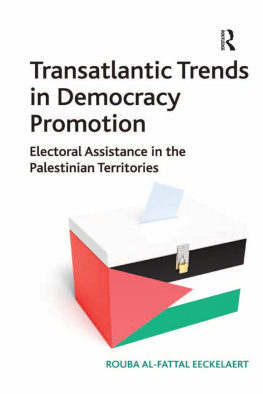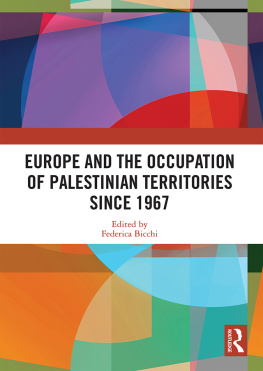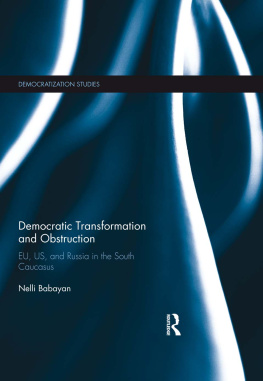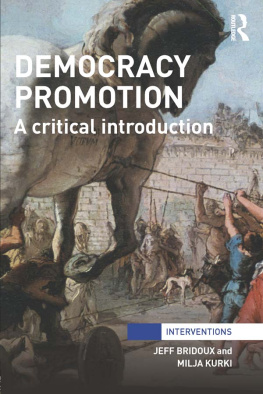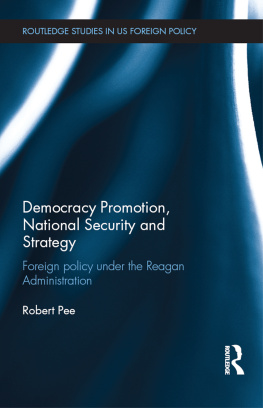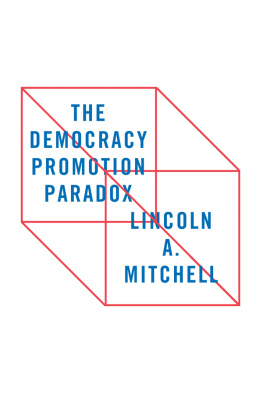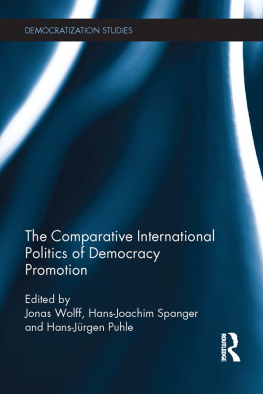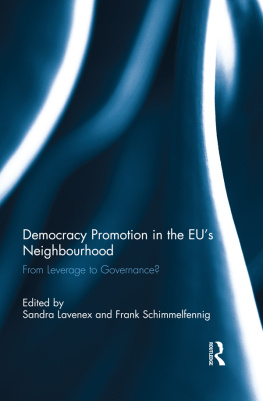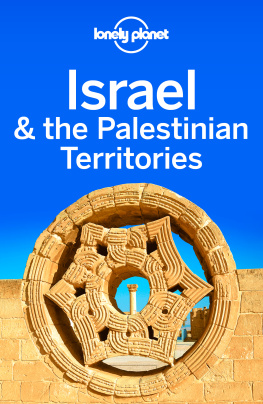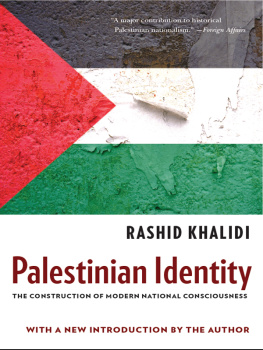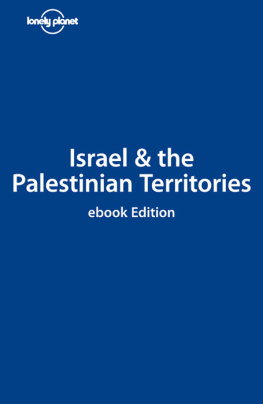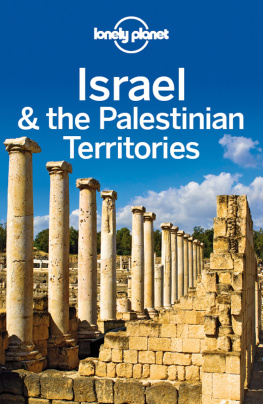First published 2013 by Ashgate Publishing
Published 2016 by Routledge
2 Park Square, Milton Park, Abingdon, Oxon OX14 4RN
711 Third Avenue, New York, NY 10017, USA
Routledge is an imprint of the Taylor & Francis Group, an informa business
Copyright Rouba Al-Fattal Eeckelaert 2013
Rouba Al-Fattal Eeckelaert has asserted her right under the Copyright, Designs and Patents Act, 1988, to be identified as the author of this work.
All rights reserved. No part of this book may be reprinted or reproduced or utilised in any form or by any electronic, mechanical, or other means, now known or hereafter invented, including photocopying and recording, or in any information storage or retrieval system, without permission in writing from the publishers.
Notices:
Product or corporate names may be trademarks or registered trademarks, and are used only for identification and explanation without intent to infringe.
British Library Cataloguing in Publication Data
Eeckelaert, Rouba Al-Fattal.
Transatlantic trends in democracy promotion : electorial assistance in the Palestinian territories.
1. DemocratizationInternational cooperation. 2. ElectionsWest Bank.
3. ElectionsGaza Strip. 4. West BankPolitics and government.
5. Gaza StripPolitics and government. 6. United StatesForeign relationsPalestine.
7. CanadaForeign relationsPalestine.
8. European Union countriesForeign relationsPalestine.
I. Title
327.172095694-dc23
Library of Congress Cataloging-in-Publication Data
Eeckelaert, Rouba Al-Fattal.
Transatlantic trends in democracy promotion : electorial assistance in the Palestinian territories / by Rouba Al-Fattal Eeckelaert.
p. cm.
Includes bibliographical references and index.
ISBN 978-1-4094-4929-4 (hardback)
1. Election monitoringWest Bank. 2. Election monitoringGaza Strip. 3. ElectionsWest Bank. 4. ElectionsGaza Strip. 5. DemocracyWest Bank. 6. DemocracyGaza Strip. I. Title.
JQ1830.A95E33 2012
324.65dc23
2012020465
ISBN 9781409449294 (hbk)
Preface
In 2006 many were shocked to hear that Hamas had won the Palestinian legislative elections, but many were equally surprised to hear that the transatlantic community which helped fund these elections in the first place decided to boycott the party that resulted from them. This book aims at explaining this puzzling behaviour. However, in order to fully explain this paradoxical reaction it is important to first provide an in-depth analysis of each transatlantic actors electoral assistance in the Palestinian Territories (PT), and then to compare the European, American and Canadian policies to draw accurate conclusions on their similarities and differences as well as their shortfalls.
Who are the main decision-makers shaping EU, US and Canadian foreign policy, and what institutional tools do they have to accomplish that? How did the EU, US and Canada decide and implement their electoral assistance in the PT? Why did the EU, the US and Canada embark on assisting the elections in the PT, and what factors influenced their electoral assistance? What were the main limitations facing the EU, US and Canadas electoral assistance policy in the PT? These are some of the pressing questions tackled in this book. The answers help determine whether the transatlantic actors are united or divided over the goals of assisting the elections abroad, and if they wield similar or different strategies, instruments and methods in the PT in an effort to achieve their goals.
In the aftermath of the Arab uprisings, the transatlantic community are expected to support the process and the outcomes of the elections in several south Mediterranean countries that are on their path of democratisation (for example, Tunisia, Egypt and Libya). Therefore, this is a much-anticipated book one that provides the first systematic and comparative analysis of European, American and Canadian efforts to assist elections and transform governance in conflict zones. Besides advancing the empirical knowledge on electoral assistance, it also provides the first steps needed to reform the electoral assistance policy in order to cope with the challenges of the twenty-first century.

